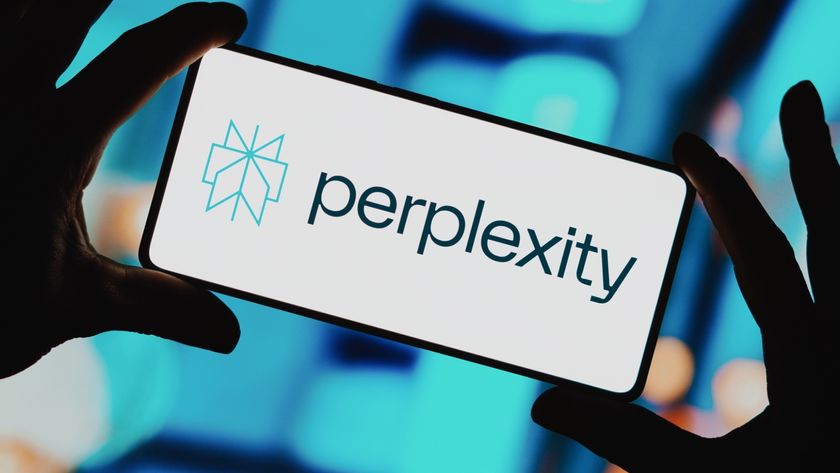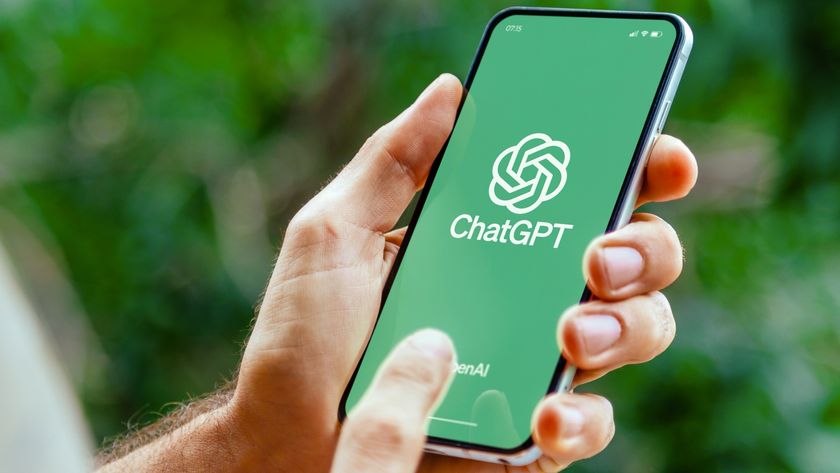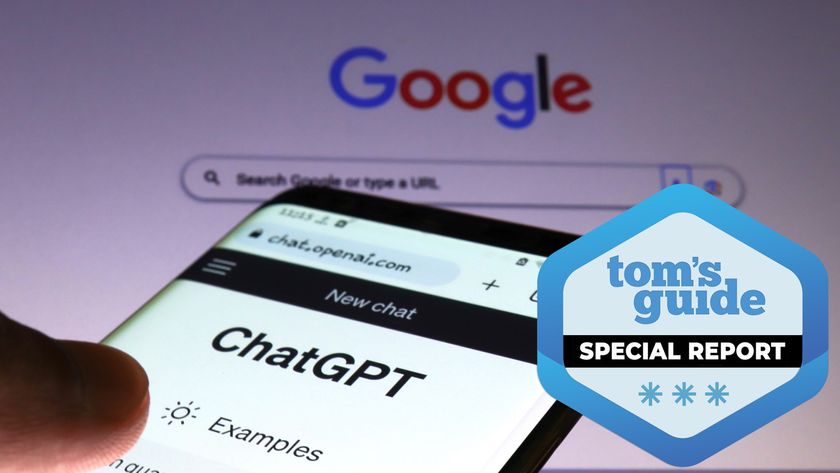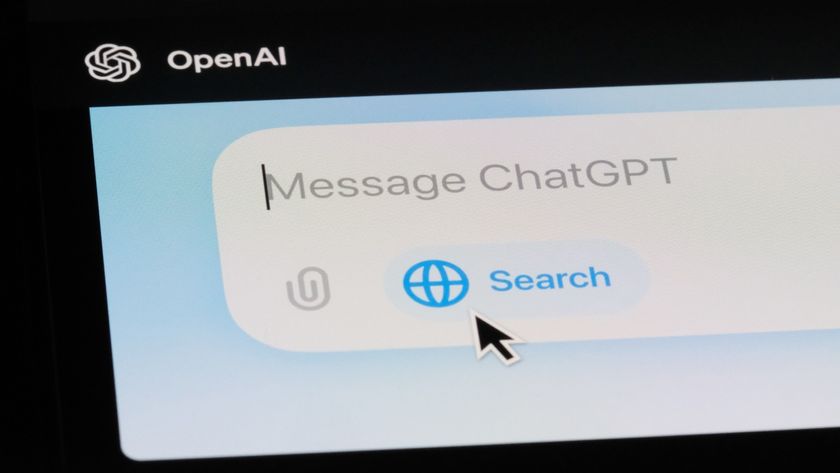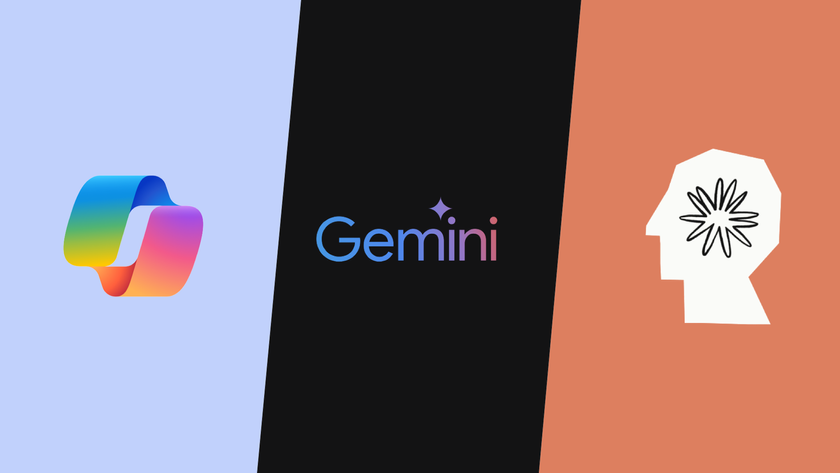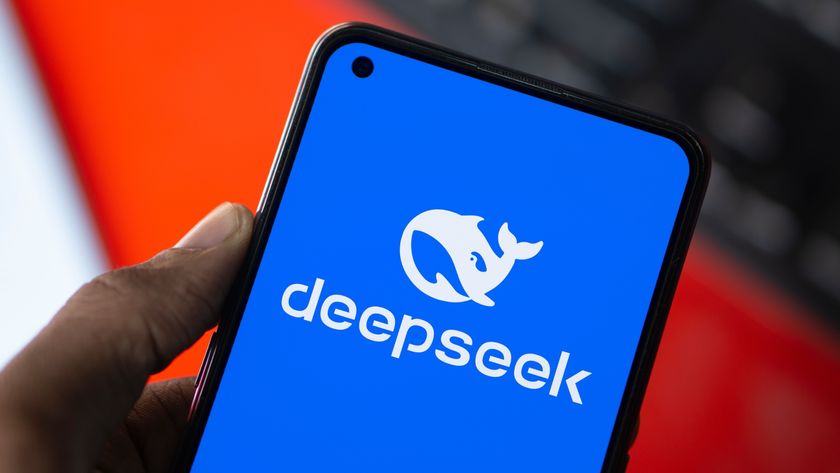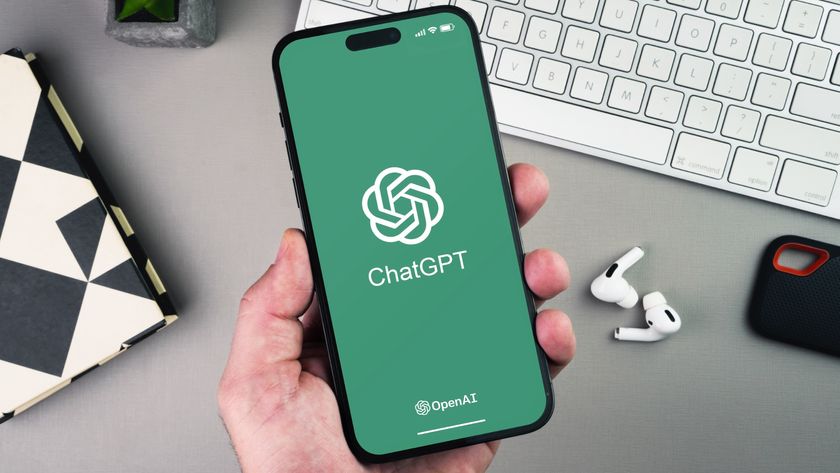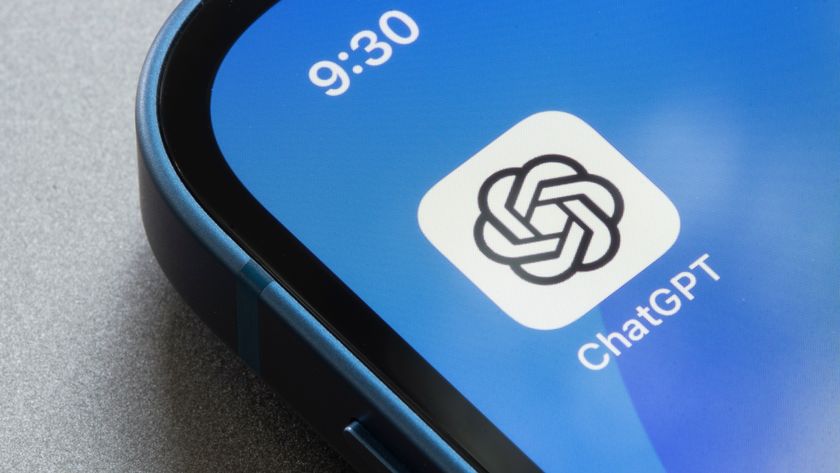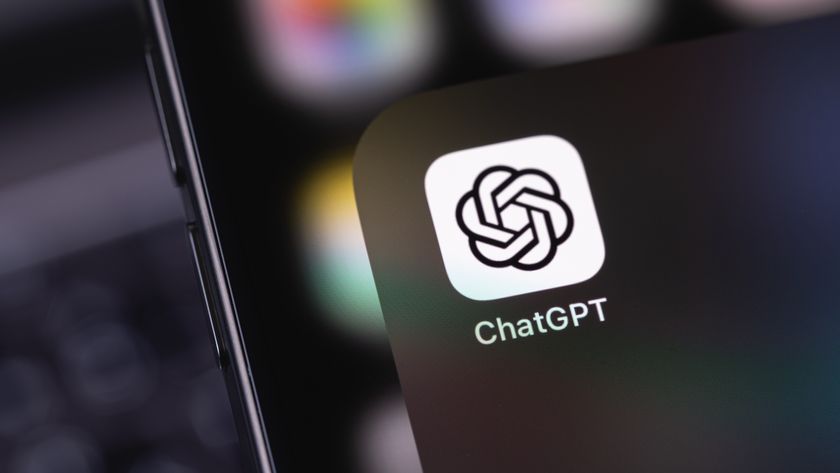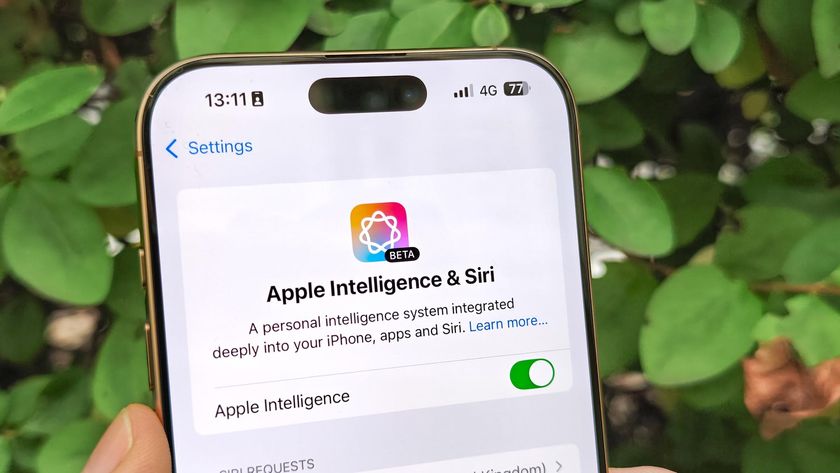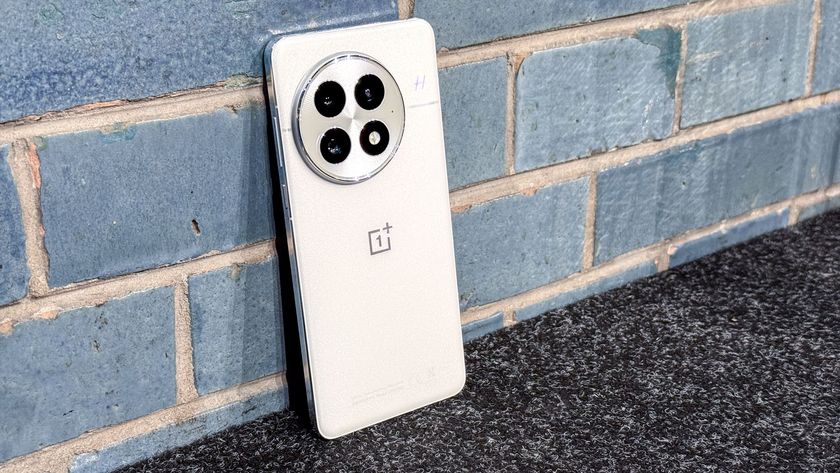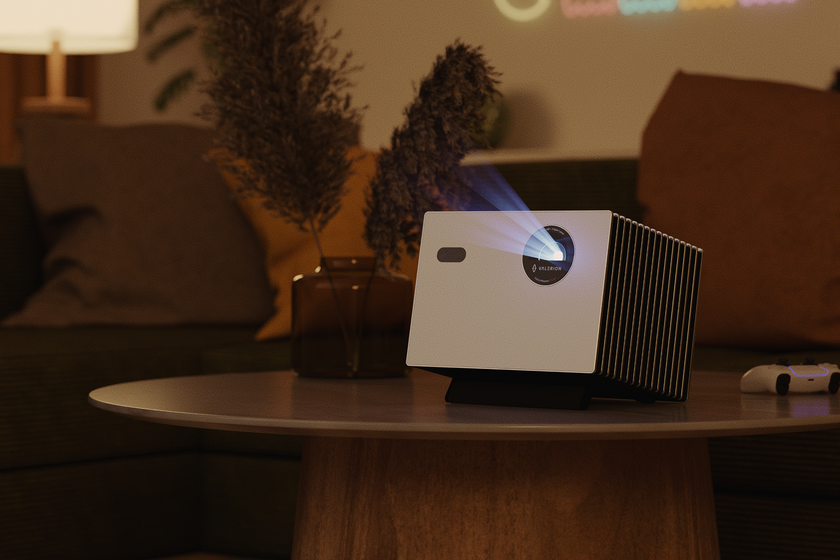Bing coming to ChatGPT is a seismic shift for generative AI — here’s why
Bing Chat and ChatGPT have never been more similar
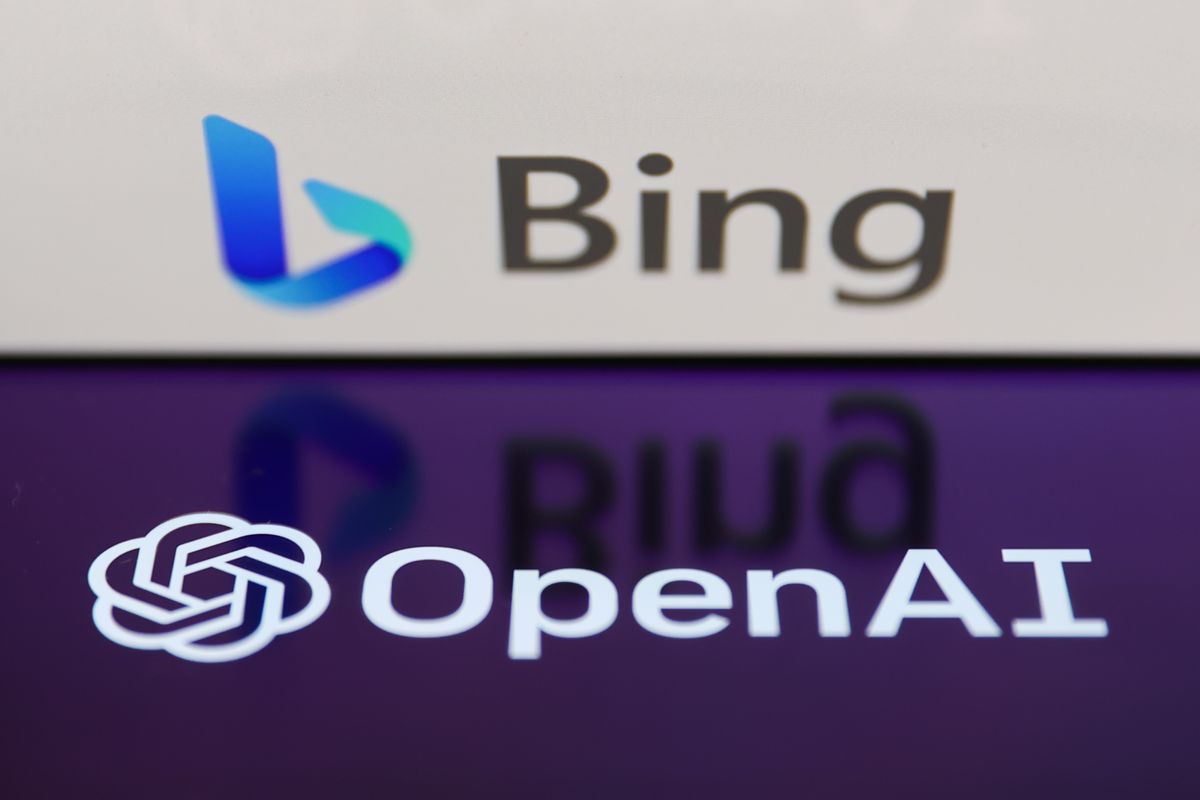
ChatGPT and Bing Chat may become indistinguishable from each other after today.
At Microsoft Build, the tech giant further cemented its partnership with OpenAI with the announcement that Bing search is coming to ChatGPT. This new feature is rolling out to ChatGPT Plus subscribers starting today (May 23) and will reportedly be available to users of the ChatGPT free research preview “soon.”
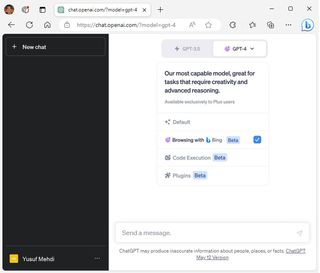
If that last part is true, that actually represents a seismic shift in the generative AI landscape. At the moment, if you want up-to-date information, you use Bing Chat or Google Bard. While GPT-4 is trained on more up-to-date information and currently is available to ChatGPT Plus users, the paid version of the popular chatbot still wasn’t able to pull in information in real time.
That was, however, expected to change this week with the announcement of web browsing as a ChatGPT Plus beta feature. Now, it seems that this feature is actually Bing search being integrated into the AI chatbot — though theoretically, they could still remain separate features.
That’s not the seismic shift, though it will certainly shake up the generative AI landscape. The seismic shift is that this Bing integration is coming to the free research preview too, opening up the door for the free version of ChatGPT to access real-time information as well as the potential for plugin integration down the road.
Open plugin standard for ChatGPT and Bing Chat
We’ve been covering the possibility of ChatGPT plugins for a while now, and they were officially announced for ChatGPT Plus beta users last week. These plugins allow third-party partners to integrate their apps, sites, services, etc. into ChatGPT.
But Microsoft just announced that these plugins will work for Bing Chat too. This is because both OpenAI and Microsoft are adopting an open plugin standard that ensures any plugin designed for either company’s generative AI will work across all products. That means these plugins should work for ChatGPT, Bing Chat, Microsoft 365 Copilot and the newly announced Windows Copilot for Windows 11.
Sign up to get the BEST of Tom's Guide direct to your inbox.
Get instant access to breaking news, the hottest reviews, great deals and helpful tips.
Microsoft seems to have bet on plugins being a necessity for generative AI. The company announced that Expedia, Instacart, Kayak, Klarna, Redfin, TripAdvisor, and Zillow plugins are coming to Bing Chat in the coming weeks, with Bandsintown, Cloudflare, Shopify, Spotify, and more plugins coming in the near future. These will work on desktop and mobile for Bing Chat, but in theory, there’s nothing stopping them from coming to ChatGPT as well — which just got an official iPhone app.
Conclusion: ChatGPT and Bing Chat are now part of the same product line
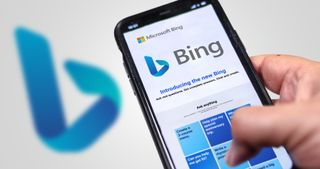
So now, we have ChatGPT with Bing integrated into it and versions for desktop and mobile… and we have Bing Chat — with GPT-4 integrated into it and versions for desktop and mobile. And both use the same plugins. So, is there a difference anymore?
The answer is yes, though the differences are more subtle. ChatGPT, or at least ChatGPT Plus, will still remain the more cutting-edge product, and it has coding abilities that aren’t in Bing Chat’s wheelhouse at all. Bing Chat, meanwhile, will be the more consumer-friendly version, integrated into anything and everything and to provide everyday users with answers to their most complex questions thanks to the power of generative AI.
But the relationship between OpenAI and Microsoft is now fully symbiotic. If you use ChatGPT, that’s great for Microsoft and the billions of dollars it’s invested in OpenAI. And if you use Bing Chat, it’s great for OpenAI, whose GPT-4 model powers the Bing chatbot. These seemingly competing products are now fully complementary — in essence, parts of a Microsoft AI product line. But at the moment, that’s a win for everyone because it offers something for everyone trying to experience the AI revolution for themselves.
More from Tom's Guide

Malcolm McMillan is a Streaming Editor for Tom's Guide, covering all the latest in streaming TV shows and movies. That means news, analysis, recommendations, reviews and more for just about anything you can watch, including sports! If it can be seen on a screen, he can write about it.
Before writing for Tom's Guide, Malcolm worked as a fantasy football analyst writing for several sites and also had a brief stint working for Microsoft selling laptops, Xbox products and even the ill-fated Windows phone. He is passionate about video games and sports, though both cause him to yell at the TV frequently. He proudly sports many tattoos, including an Arsenal tattoo, in honor of the team that causes him to yell at the TV the most.
